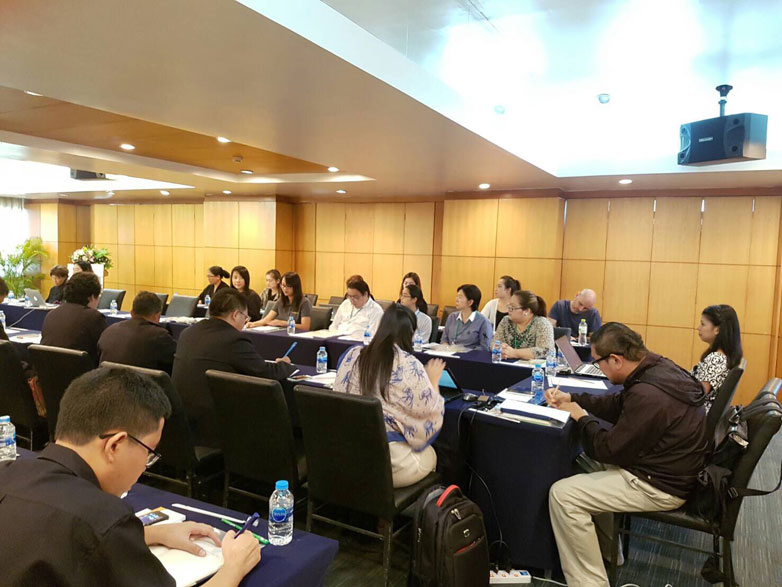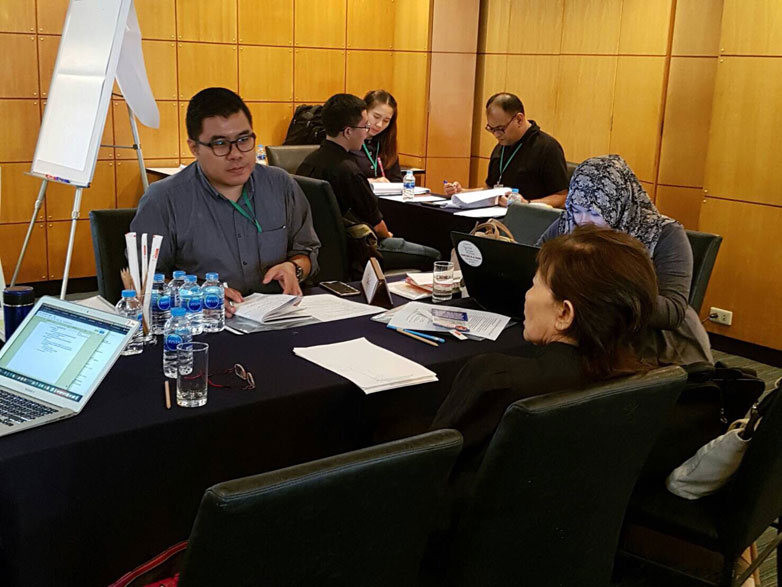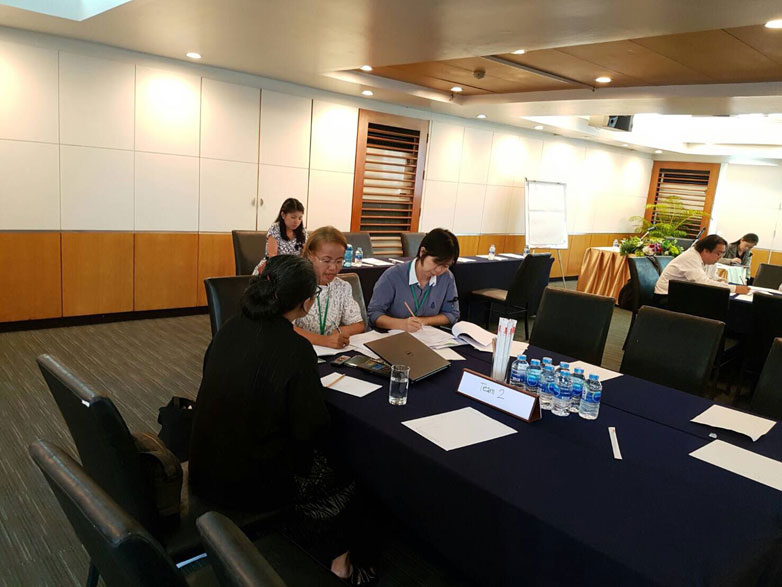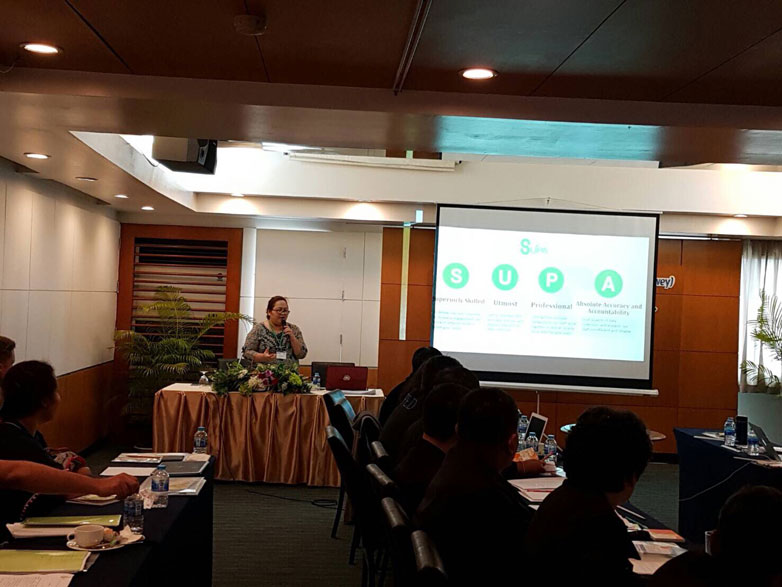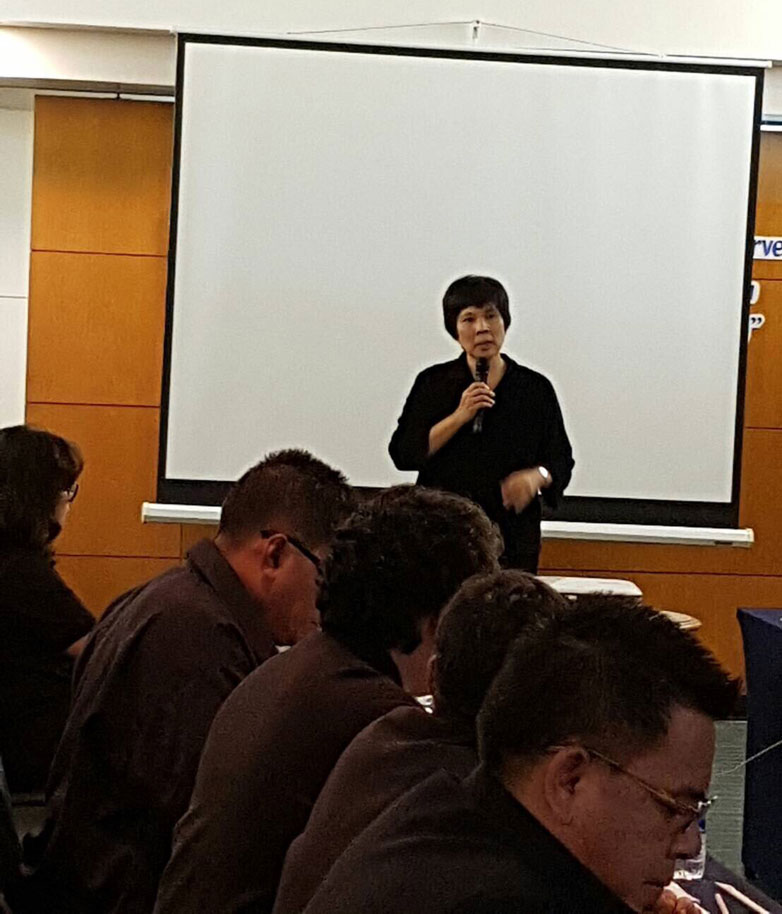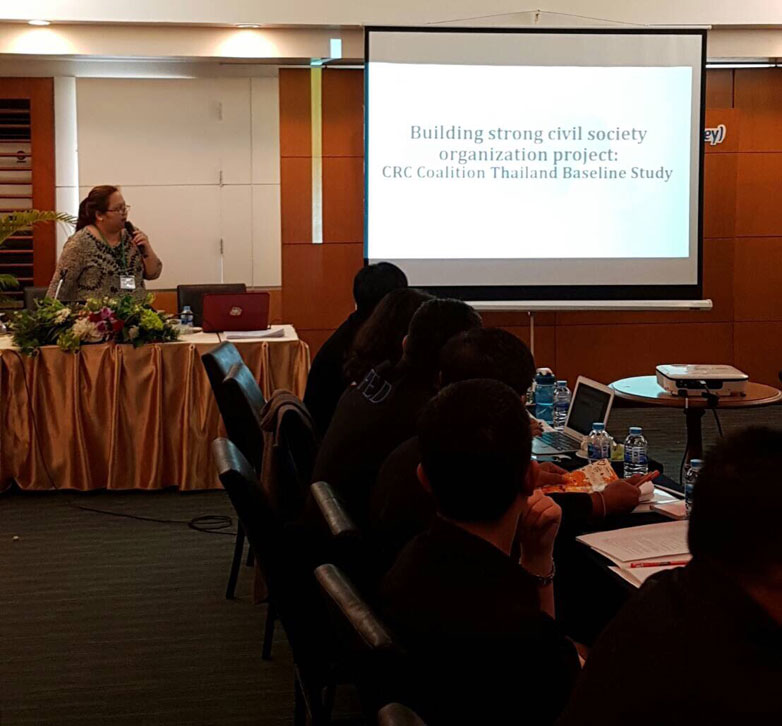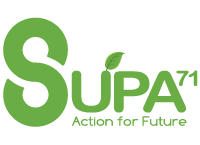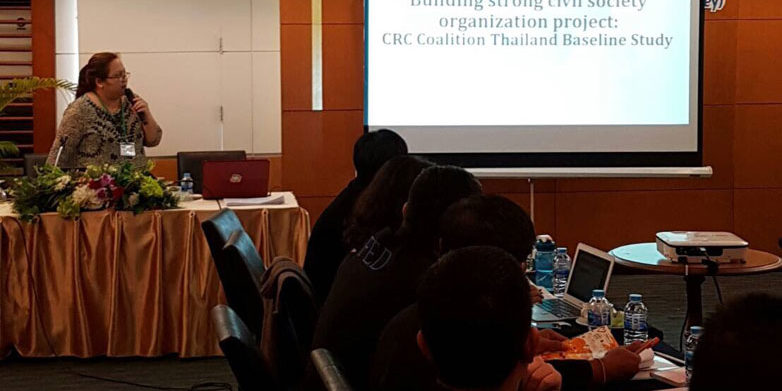The fight for child rights may need more working together, and small fragmented initiatives can do so much more. In Thailand, civil society organizations (CSOs) are challenged by a number of problems making sustainability a central issue among CSOs. While technical capacities and support from the government abound at their advantage, more CSOs are focused on their respective agenda, leaving behind more pressing challenges visible at national and regional level.
SUPA71 with Plan International are doing a baseline study to:
- Assess Child Rights Coalition (CRC) Thailand’s capacity in achieving mission and goals;
- Asses the capacity of Plan’s implementing partners in terms of skills to monitor and record child rights issues and national and international reporting capacity to CRC; and
- Review progress of CRC project implementation in achieving objectives/outcomes of project.
This November 8-9, 67 CSOs met and discussed current approaches and ongoing activities to identify standing efforts in child rights. At the core of this activity is to catalyze sharing of experiences, insights, learnings, and best practices within the coalition; to maximize resources at hand and to make it available, when and where it is most needed.
The United Nations Convention on Child Rights (UNCRC) serves as an important policy in validating the work of the CRC in Thailand. Released in 1992, this document enjoins coalition members in various parts of the world to coordinate with their governments and participate in national policies on child rights. When policies are as good as implemented, members of CRC must actively work together to create its impact.
The report on CRC will be available end of November and will be used by Plan International to drive improved actions for most-at-risk groups in the child rights sector.
